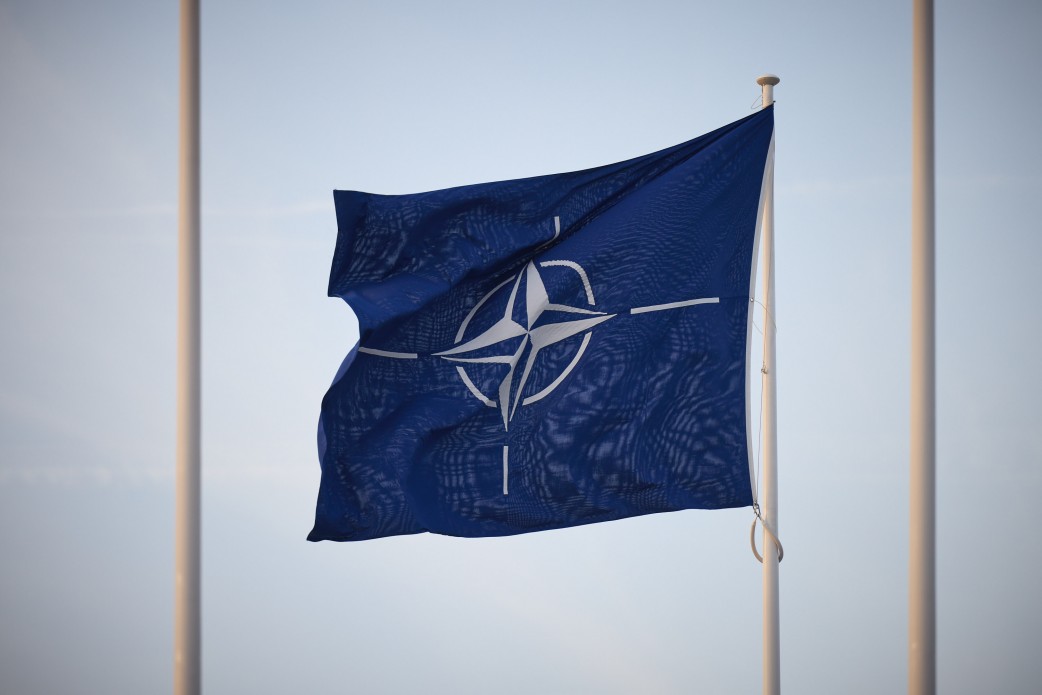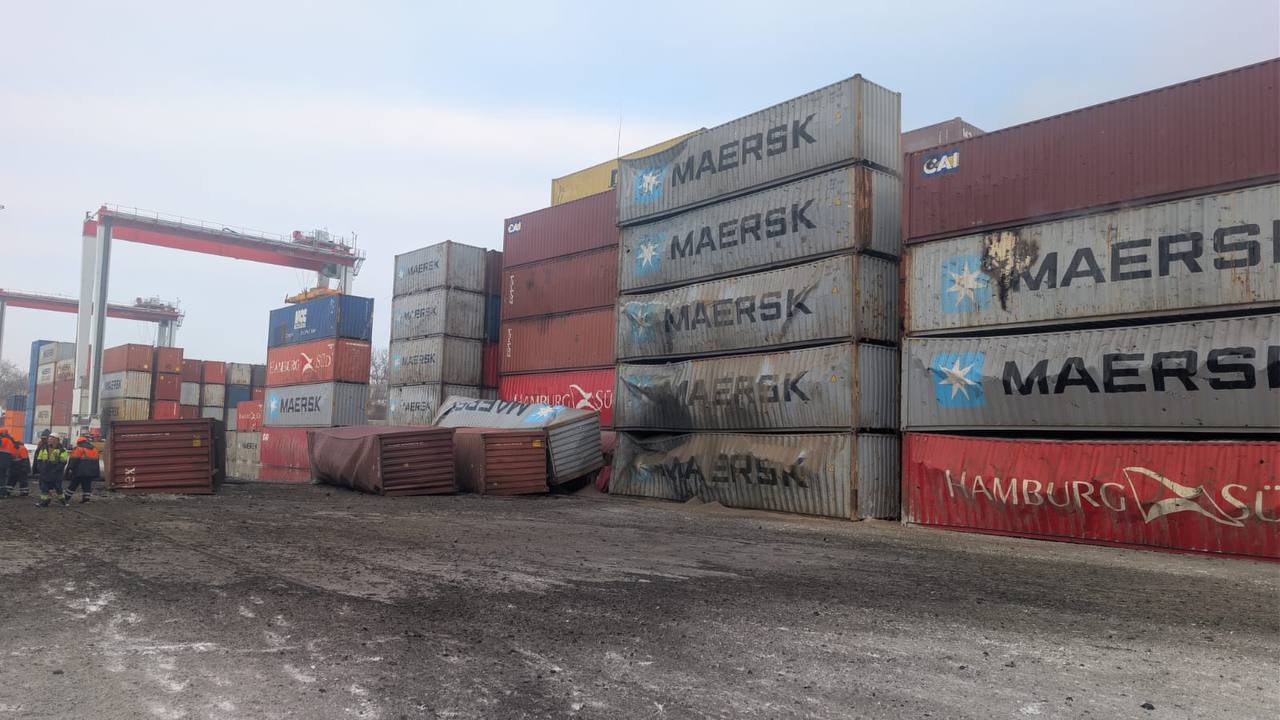The National Electronic Mass Media Council (NEPLP) of Latvia has restricted access to 9 websites within the country that spread aggressive Russian propaganda and fake information about Russia's war against Ukraine.
This was reported by Delfi.
The blocked websites include "mk-pskov.ru", "life.ru", "www.pnp.ru", "news-front.su", "russkie.org", "ont.by", "www.sb.by", "council.gov.ru", "x-true.info". Users attempting to access these sites will now be redirected to an informational message on "nelegalssaturs.lv".
The decision is based on conclusions from another competent state administration and NEPLP itself, indicating that these websites are used to support aggressive Russian propaganda. Latvian authorities have concluded that these websites disseminate distorted and false information about Russia's war against Ukraine, as well as the war crimes committed by Russia to justify their actions. The content also includes hostile language and information that discredits Latvia and the North Atlantic Treaty Organization.
"These websites propagate the narrative that the West and NATO are to blame for the situation in Ukraine, while Russia only seeks to ensure peace worldwide. They spread significantly distorted and false current information about events in Latvia and the world, undermine NATO's ability to defend any member country of the Alliance, and justify Russia's invasion of Ukraine," the statement said.
NEPLP emphasizes that the dissemination of such information deliberately deceives the public about Russia's true intentions in Ukraine, incites public opinion against the Ukrainian state and people, and distorts information about the use of the Russian language in Latvia and the Baltic countries, negatively affecting peaceful coexistence among different societal groups, especially in Latvia. It also creates risks of various negative provocations, posing a significant threat to Latvia's security, public order, and safety.
Regarding the assessment of restricting freedom of expression, NEPLP believes that the public has the right to receive accurate information. However, receiving information that threatens national or public security, territorial integrity, or deliberately incites hatred and deception is not in the public interest.
"Receiving such information may cause alarm and fear among parts of the population about the existence of their country and their own future, their family's future, and may also divide society. Additionally, this information contains disinformation and may lead to the emergence and activation of organizations that support radical ideas, as well as their opponents, which may lead to protests by various groups within countries and thus undoubtedly affects public order and safety, significantly and unequivocally affecting the security of the country as a whole," the statement said.
NEPLP noted that the damage caused would be significantly less if websites spreading information that threatens national security were unavailable in Latvia, or if access to this information were severely restricted.
According to the Council, the tool provided by the Law on Electronic Communications to restrict the right to freedom of expression - the right to make decisions to limit access to websites available in Latvia that disseminate content that threatens or may threaten national security or public order and safety - is considered a legitimate means of achieving a lawful purpose.




















